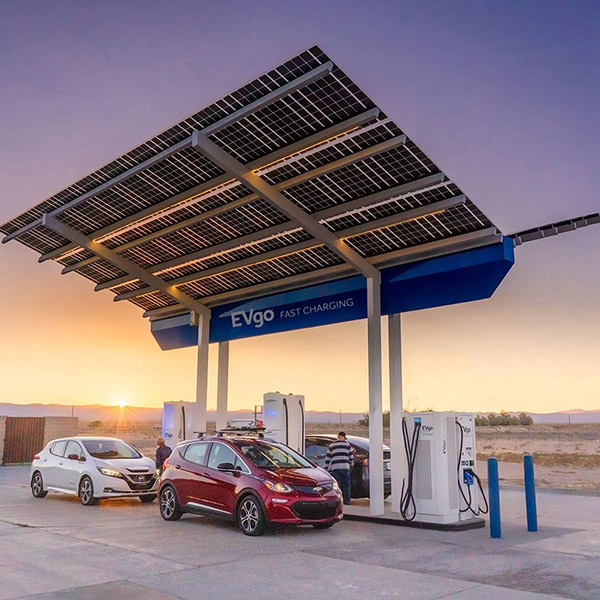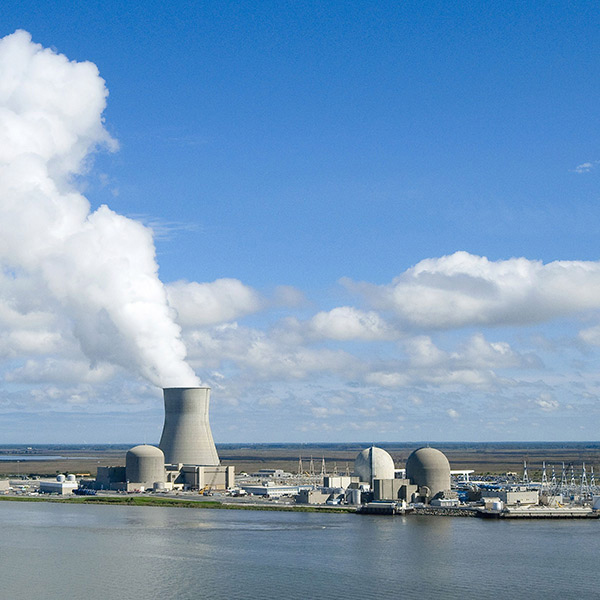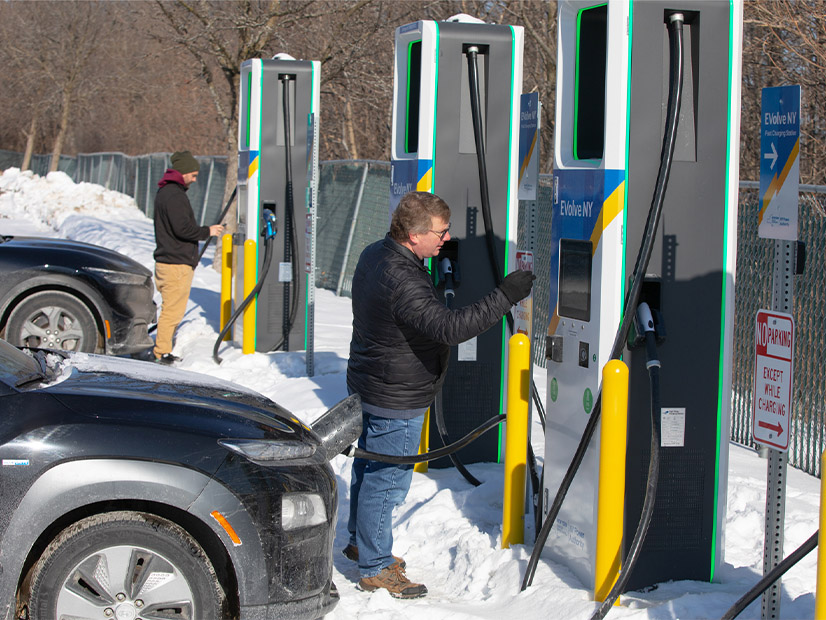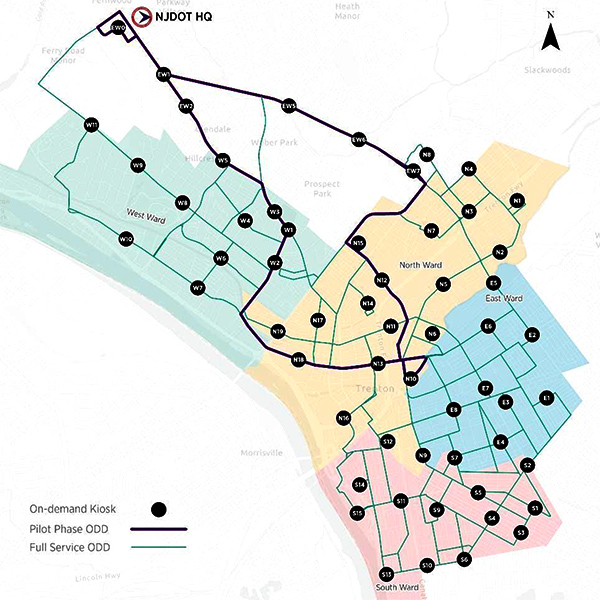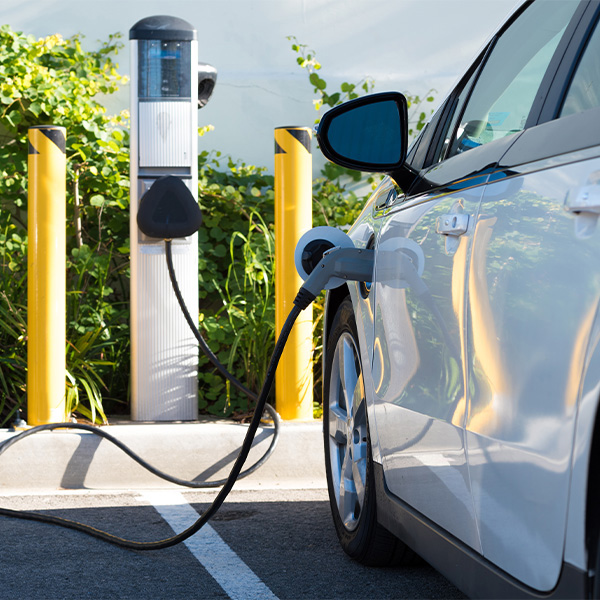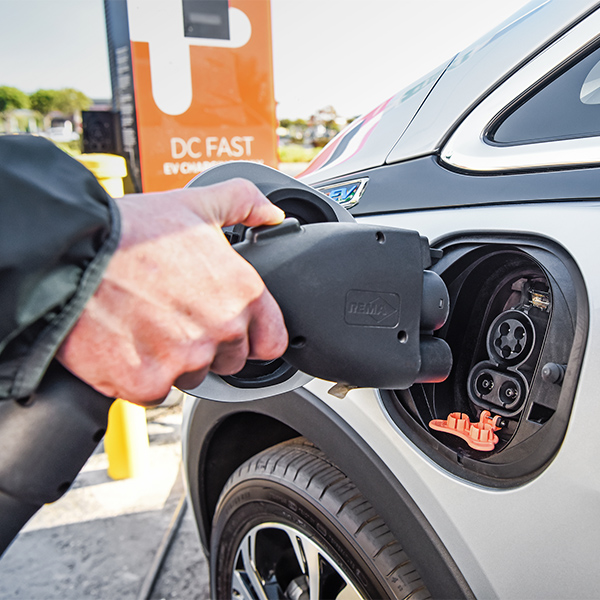Transportation Decarbonization
Airplane DecarbonizationEV chargersHeavy-duty vehiclesBattery Electric Buses (BEB)Fuel Cell Electric Buses (FCEB)Light-duty vehiclesBattery Electric VehiclesFuel Cell VehiclesPlug-in hybrid electric vehiclesShip electrificationClean Ports
Electric Vehicle drivers in California are finding that charging their cars at public stations isn't always as easy as they'd like, a new survey says.
State officials say they are both excited and intimidated by the amount of clean energy funding coming through the bipartisan infrastructure bill.
The Energy Department outlined a $6 billion program to prevent the early closure of nuclear generators and $3 billion in funding for battery supply chains.
Four New York House of Representatives committees convened a hearing to identify existing EV charger deployment plans and ways to expedite the build-out.
New Jersey is putting up $5 million to fund the launch of a project that will put 100 self-driving electric vehicles to work in the state’s capital.
States will receive more than $600 million in funding for EV charging in 2022, the first installment of $5 billion promised in the infrastructure bill.
State and federal officials say they are laser-focused on the millions of dollars that will soon be going to states from the bipartisan infrastructure bill.
Maine’s Clean Transportation Roadmap identified $27 million in available state funding for EV infrastructure investment, leaving an estimated $44 million gap.
Gov. Jared Polis joined stakeholders at COSSA's Solar Power and Energy Storage Mountain West Conference to discuss the state’s future renewable energy economy.
Washington lawmakers are considering a bill to apply a per-mile charge to EVs to compensate for expected lost gas tax revenues.
Want more? Advanced Search
